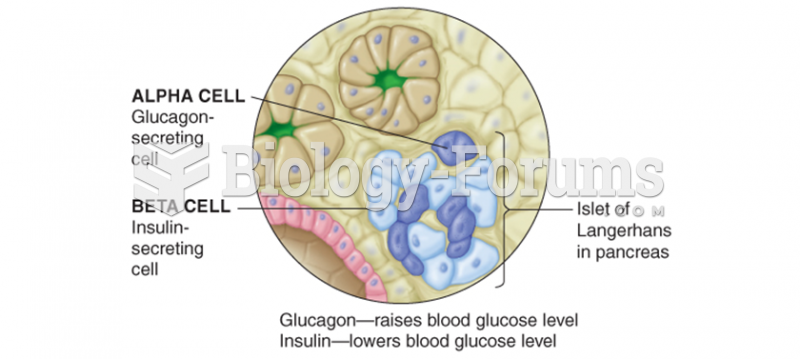This topic contains a solution. Click here to go to the answer
|
|
|
Did you know?
The modern decimal position system was the invention of the Hindus (around 800 AD), involving the placing of numerals to indicate their value (units, tens, hundreds, and so on).
Did you know?
You should not take more than 1,000 mg of vitamin E per day. Doses above this amount increase the risk of bleeding problems that can lead to a stroke.
Did you know?
Atropine, along with scopolamine and hyoscyamine, is found in the Datura stramonium plant, which gives hallucinogenic effects and is also known as locoweed.
Did you know?
Vaccines prevent between 2.5 and 4 million deaths every year.
Did you know?
Medication errors are more common among seriously ill patients than with those with minor conditions.







